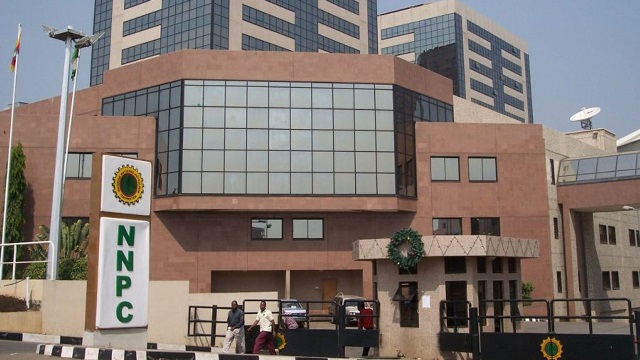Economic experts have advised the Federal Government to ensure that the local refineries are working optimally for effective implementation of the proposed fuel subsidy removal. The experts gave the advice in separate interviews with the News Agency of Nigeria (NAN) in Abuja on Sunday, while speaking on the proposed subsidy removal.
NAN recalls that the Federal Government in order to comply with the provisions of the Petroleum Industry Act (PIA) had announced working through a process for the removal of petroleum subsidy from July 2022.
An oil and gas expert, Dr Olanrewaju Aladeitan, said that the impact of the subsidy removal would be minimised if both the brown and green refineries were up and running.
Aladeitan noted that an increase in the supply of the Premium Motor Spirit (PMS), known as petroleum in the country may lead to a reasonable and affordable price.
“Removal of petroleum subsidy which is a consumption subsidy if done in a truly liberalised economy is a welcome development. But with deregulation of the petroleum downstream sector, pricing will be determined by the forces of demand and supply.”
“The implication of this for Nigeria’s fragile economy with a largely unplanned transportation network is more hardship for the citizens. Past experience has shown that once there is an increase in the prices of petroleum products, prices of other goods and services soar and the country plunges into unprecedented hyperinflation,” Aladeitan said.
He said that the burden in the immediate, short and mid-term would be overwhelming and the level of poverty would be terribly devastating.
Another oil and gas expert, Mr Charles Majomi, said Nigeria had been addicted to fuel subsidy, especially, when crude oil prices were high-eating into the windfalls that should have been directed at national development.
Majomi noted that it was not the first attempt the Federal Government had attempted to wean itself from the stranglehold of this addiction.
“As ensnared in corruption as it was, it did provide a rare example of the benefit to the people. Nonetheless, its removal is a bitter pill we have to swallow,” he said.
Dr Chijioke Ekechukwu, an economist, maintained that while planning to remove petroleum subsidies, the government should ensure that local refineries are working optimally.
Ekechukwu said that it would enable the country not to depend on the volatility of the international oil price. According to him, from an economic standpoint, the subsidy should not have existed at all.
“Granted that lack of subsidy would have brought more hardship to Nigerian citizens and probably led to the high cost of living, but that would have made us quicken the solutions and remedies of such high costs,” he noted.
